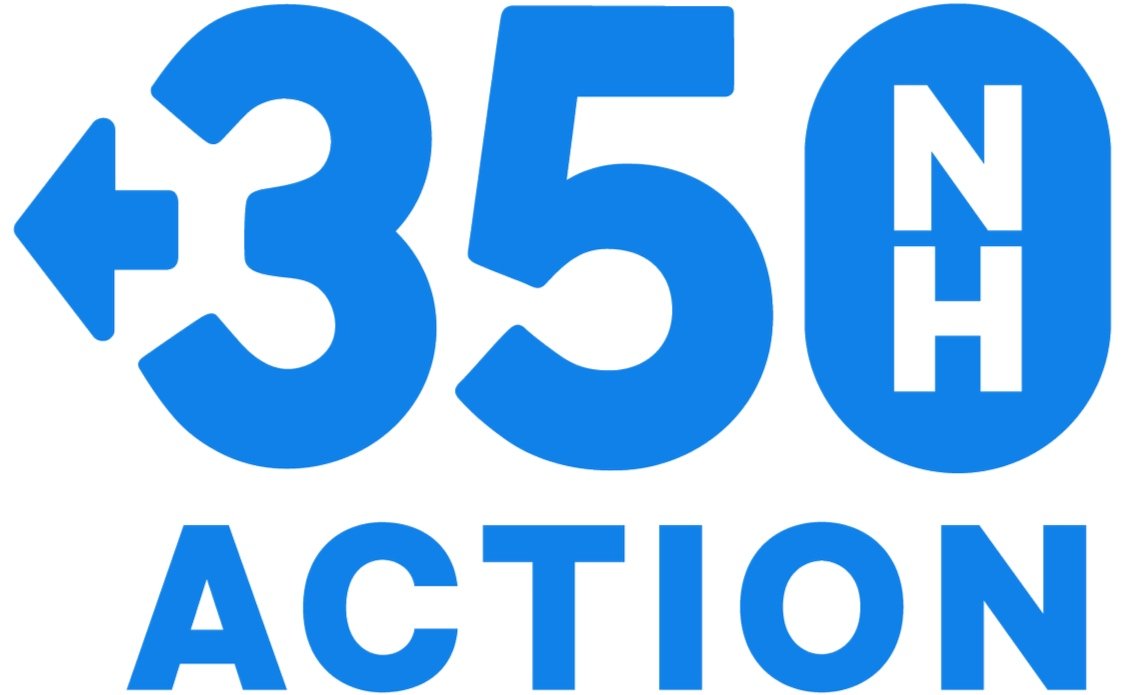Storytelling is one of the most important things we can do to connect people. When it comes to the climate crisis, storytelling makes the scientific fact and figures into a present reality. You can’t convince somebody of something just by numbers and graphs alone—you need a message that people care about to go alongside it. That’s what brought me to want to be a writer, and I have a story to tell about the fossil fuel industry’s power.
When I was in high school, the local coal power plant was shut down. Per order of the state, the plant could not continue to operate because of the high carbon emissions it was putting into the atmosphere. The company that bought the plant had plans to convert it from coal to fracked methane gas, which would mean a smaller carbon footprint but a continuation of fossil fuel dependence. The community did not universally agree that fracked gas was the way to go.
Activists and protestors gathered outside of the power plant day after day, arguing that the precious waterfront property should be converted into land that the residents and visitors alike could use and enjoy. They proposed investments in solar and in wind. Being on the seacoast, it looked like wind power was a viable option. Community members tried to negotiate with the power company, but the city itself seemed invested in this plant’s transition to fracked gas. While I was in school, I remember my science teacher mentioning the protests and I saw articles about what was happening. I didn’t think it was something I could get involved with, so I watched from afar, disappointed, when the power company won and the old smokestacks were torn down, just to be replaced with a newer, bigger smokestack.
To this day, one of the residents within walking distance of the plant has a mural on their garage. There is a dark outline of a fossil fuel plant, surrounded by a big red circle with a slash through it. They painted on reasons why we didn’t need that plant. To me, the mural is a reminder of the power of the fossil fuel company. Maybe one day the plant will close, and those neighbors can look at their mural with victory.
Since then, the people and events in my life have made me realize I need to get involved. My high school science teachers influenced me to pursue environmental studies in college. I dived into my studies. I worked on campaigns on campus to reduce waste, encourage sustainable practices at school, and divest the school from fossil fuels. I learned a lot, read a lot, and watched the news as hurricanes devastated Texas and Puerto Rico. I spent a few summers commuting to an internship, having to wade through flood water at the train station every time we had rainstorms. I watched flooding worsen and watched my city start a task force to combat climate change and rising sea levels in our community. It was clear to me that every time the fossil fuel industry won, our communities continued to suffer.
The climate crisis is now and our government is failing to act. The power of the fossil fuel companies ensures that our government does not act. That’s why I wanted to get involved. I want to see a President in office who does not accept money from fossil fuel executives or lobbyists. I want to see a President in office who has big, bold plans to combat the climate crisis. I want to be a part of the change that means my generation, and generations after me, have a liveable future.

